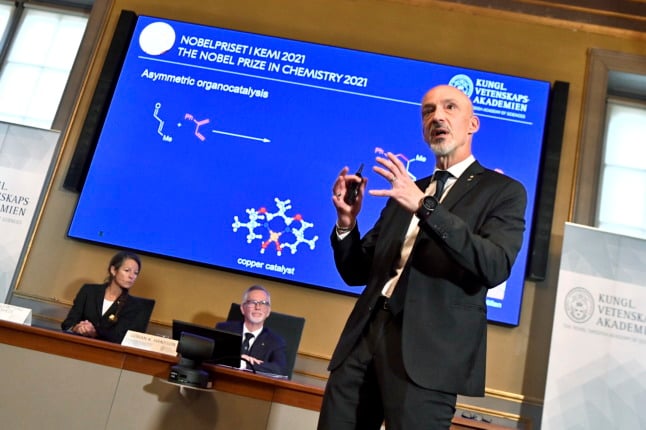Led by Dr Christian Herbs from the University of Vienna, the study – described by the authors as “fan-science” – wanted to prove the long-held belief among Queen fans that Mercury’s voice “is a force of nature”.
By analysing songs from ‘Freddie Mercury: The Solo Collection’ and even using an endoscopic camera to film inside the throat of a rock singer as he impersonated the singer, the researchers found the frontman’s vocal cords vibrated at an unusually fast rate.
Whereas average singers have a vibrato rate of between 5.4 Hz to 6.9 Hz, Mercury’s averaged at 7.04 Hz. His vocal cords even vibrated more and moved faster than opera singer Luciano Pavarotti’s, who had a vibrato rate of around 5.7 Hz.
Although he had a normal vocal range, this technique of “subharmonic vibration” was used by Mercury to help create “the impression of a sound production system driven to its limits”.
According to the study, this irregular and faster vibrato – considered a hallmark of his vocal style – is most noticeable in songs such as ‘Bohemian Rhapsody’ or ‘We Are the Champions’.
These traits “might have helped create Freddie Mercury’s eccentric and flamboyant stage persona,” the researchers conclude in the study published online this week with Logopedics Phoniatrics Vocology.
Hear the singer’s remarkable technique in full in this acapella version of Queen’s 1977 hit ‘We Are the Champions’:



 Please whitelist us to continue reading.
Please whitelist us to continue reading.
Member comments